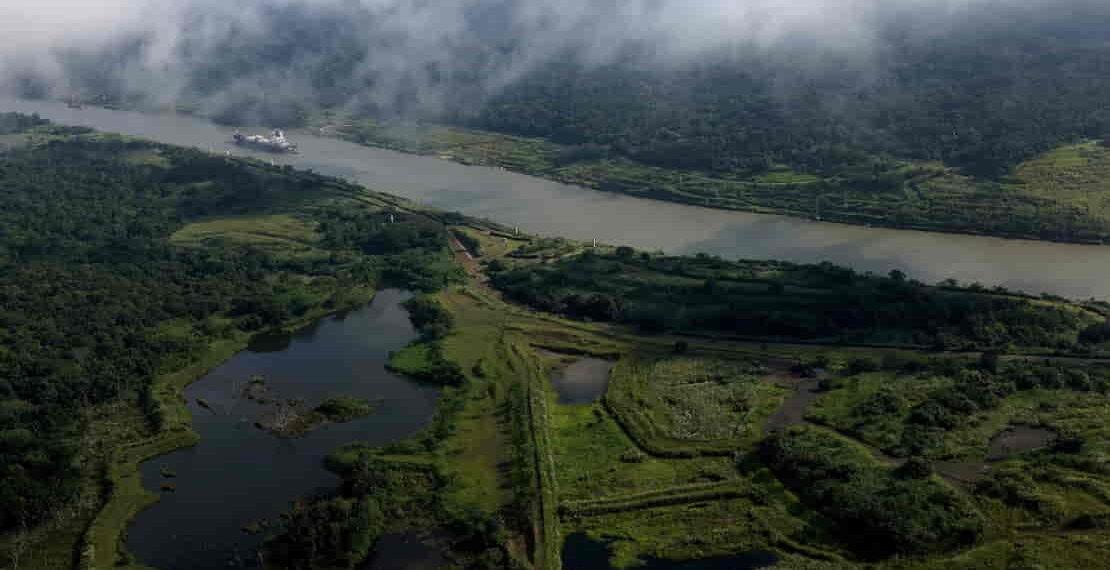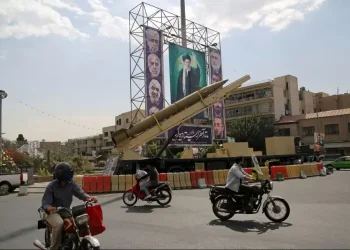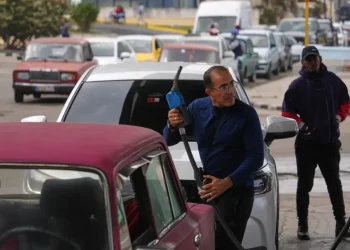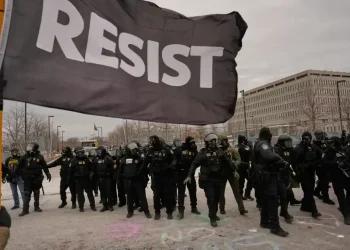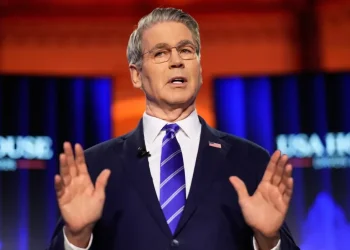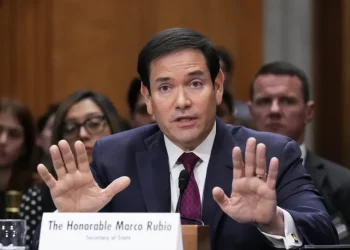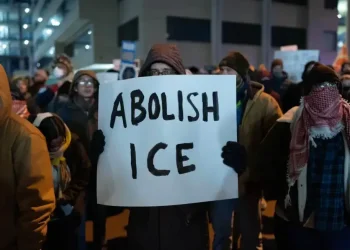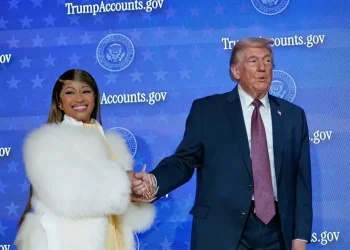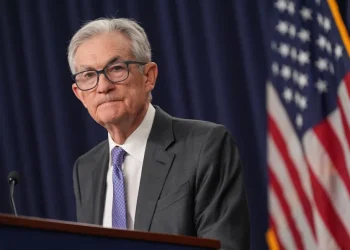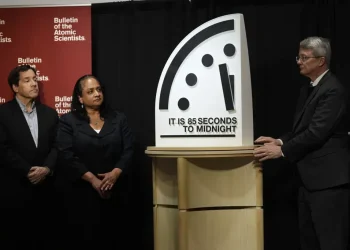Trump’s Panama Canal Threats Leave Officials Scrambling for Answers
In 2019, Juan De Dianous, Panama’s then-new ambassador to the U.S., was given one simple directive before meeting President Donald Trump: avoid engaging in substantive discussions. However, a seemingly routine photo op took an unexpected turn when Trump remarked that Panama had “a lot of crooks.”
While De Dianous, who passed away in 2021, never publicized the encounter, former Panamanian officials confirmed the incident. Now, Trump’s comments and subsequent remarks about the Panama Canal have left the nation grappling with his motives.
Trump Reignites Debate Over the Panama Canal
Trump’s recent social media posts and a press conference criticizing former President Jimmy Carter’s 1977 treaty to return control of the Panama Canal to Panama have sparked global speculation. By refusing to rule out military intervention to retake the canal, Trump has escalated tensions. Panamanians are left asking:
- What triggered these remarks?
- Could Trump seriously consider a military invasion?
- Is this about rising canal tolls or broader geopolitical battles, particularly with China?
A Long-Standing Fixation
Trump’s disdain for the treaty long predates his presidency. His views were shaped not just by political ideology but by personal experiences in Panama. From hosting the 2003 Miss Universe contest in Panama City to the tumultuous Trump Ocean Club hotel project, Panama has played a significant role in Trump’s business career.
In a 2009 promotional video, Trump declared, “I fell in love with the place.” But his admiration didn’t extend to the canal treaty, which he frequently criticized as an example of poor U.S. negotiations. In 2011, he called the treaty “stupid,” prompting Panama City’s municipal council to declare him persona non grata. Though he later walked back his remarks, the damage lingered.
By 2018, the Trump Ocean Club project ended with his name being removed from the hotel, now rebranded as the JW Marriott Panama.
Panama Responds to Trump’s Rhetoric
Trump’s comments have put Panamanian President José Raúl Mulino in a delicate position. Mulino initially responded sharply, defending Panama’s sovereignty in media interviews and on social media. However, he has since opted for a more diplomatic approach, seeking formal channels for dialogue.
For Panama Canal officials like Jorge Quijano, former administrator of the Panama Canal Authority (2012–2019), Trump’s words carry weight. Quijano, speaking from a balcony overlooking Panama Bay, compared Trump’s tactics to a magician’s misdirection. “He wants you to look at this hand while doing something else with the other. His purpose? I don’t know,” he said.
Complex Geopolitical Tensions
The Panama Canal, a crucial shipping route handling 4% of global maritime trade, was handed over to Panama in 1999. Today, it symbolizes national pride and sovereignty. However, Trump’s remarks highlight growing U.S. concerns about China’s influence in Latin America. Two ports at either end of the canal are operated by Hong Kong-based CK Hutchison Holdings, raising suspicions among U.S. officials.
Panama’s Deputy Canal Administrator, Ilya Espinosa de Marotta, was perplexed by Trump’s attacks. “Why now?” she asked. “We’ve been running the canal for 25 years, and Hong Kong has been involved since 1997.” She dismissed Trump’s claim that U.S. ships are charged higher tolls as false, emphasizing the canal’s compliance with international treaties.
A Nation’s Perspective on Sovereignty
For Panamanians, the canal represents more than commerce; it’s a testament to national sovereignty. Marotta highlighted Panama’s struggle to reclaim its land from U.S. control, which once included military bases and a separate police force. This history makes Trump’s threats of retaking the canal deeply personal.
Quijano was resolute: “If Trump tries to seize the canal, I’ll be in the streets defending our sovereignty.”
Moving Forward Amid Uncertainty
Despite Trump’s antagonistic rhetoric, Panama has been navigating its own challenges, including strengthening ties with China and managing migration through the treacherous Darién Gap. Under President Mulino, Panama has prioritized cooperation with the U.S. on migration and security, hoping to maintain stability.
For now, the question remains: What is Trump’s true aim? As former Foreign Minister Jorge Eduardo Ritter put it, “When Trump says something, he might not mean it exactly, but he’s looking for something.” What that “something” is, however, remains unclear.
Panama, proud of its sovereignty and determined to maintain control of its canal, is watching closely. As Marotta succinctly put it, “The canal will stay in our control forever.”
This article was rewritten by JournosNews.com based on verified reporting from trusted sources. The content has been independently reviewed, fact-checked, and edited for accuracy, neutrality, tone, and global readability in accordance with Google News and AdSense standards.
All opinions, quotes, or statements from contributors, experts, or sourced organizations do not necessarily reflect the views of JournosNews.com. JournosNews.com maintains full editorial independence from any external funders, sponsors, or organizations.
Stay informed with JournosNews.com — your trusted source for verified global reporting and in-depth analysis. Follow us on Google News, BlueSky, and X for real-time updates.
